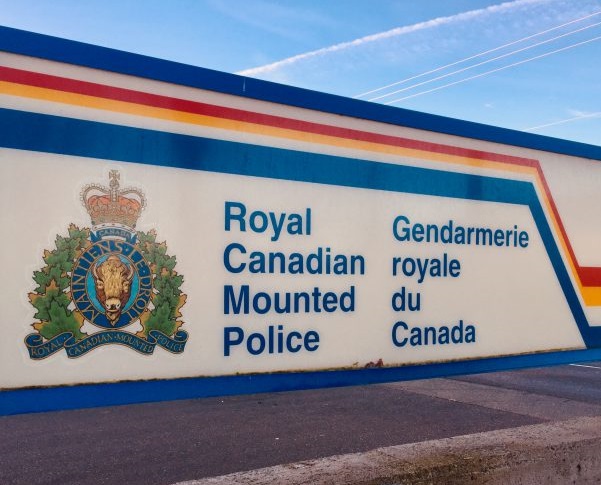The Independent Investigations Office of BC (IIO) is questioning the provincial system of dealing with people who are drunk after clearing RCMP of wrongdoing in an incident last spring.
According to the IIO, Comox Valley RCMP officers responded to a call about a suspicious person in a Courtenay resident’s yard in the early morning hours of April 23. The witness said he was behaving strangely and had a stick.
When officers arrived, they said the person was speaking “a mile a minute” and determined he was intoxicated. Video footage showed the man was cooperative with officers, no force was used, and he was arrested for public intoxication.
The man was taken to the police detachment and put in cells, with the intention of releasing him without charges once he sobered up. The IIO determined police followed regular checks and the man was moving throughout the night and was awake in the morning.
Just before 1 p.m., footage shows the man stumbled and fell into an upright seated position. His last recorded movement was at 1:05 p.m. An officer came to check on him at 1:15 p.m. and found him unresponsive.
The IIO say police performed CPR on the man until Emergency Health Services arrived and transported him to the hospital. He was pronounced dead at the hospital the following day. They add an autopsy determined he died of complications of acute alcohol withdrawal and steatosis of the liver.
IIO chief civilian director Ronald MacDonald says the investigation did not raise any concerns about police conduct.
“Unfortunately, [the man] suffered from complications from acute alcohol withdrawal that caused his death,” said MacDonald. “Officers cannot be expected to know a person’s full medical history prior to interacting with them. They can only know what they are told by the person and what they observe themselves.”
But MacDonald adds the incident raises questions about how intoxicated persons are housed generally in B.C., adding officers and guards are not trained medical personnel.
“Holding intoxicated persons in police cells, ostensibly for their own protection, guarded by persons who are not trained health professionals is an outdated practise and proven to not adequately guarantee their safety and health,” said MacDonald.
“There are other options, including sobering centres, and having health care professionals on site to assist with the care of intoxicated persons.”
MacDonald says he has seen too many people die at no fault of the police, and the government needs to take steps to care for intoxicated individuals.






